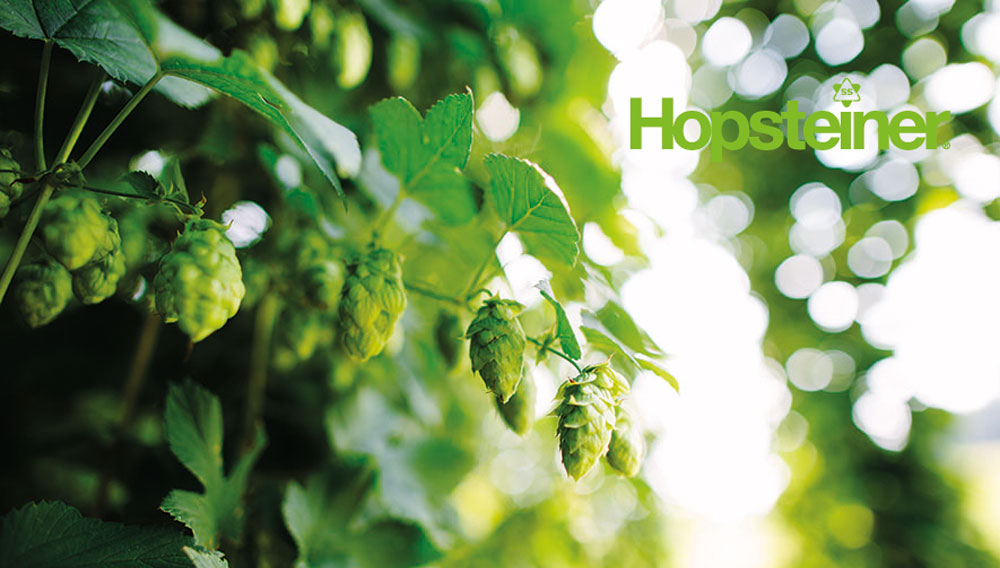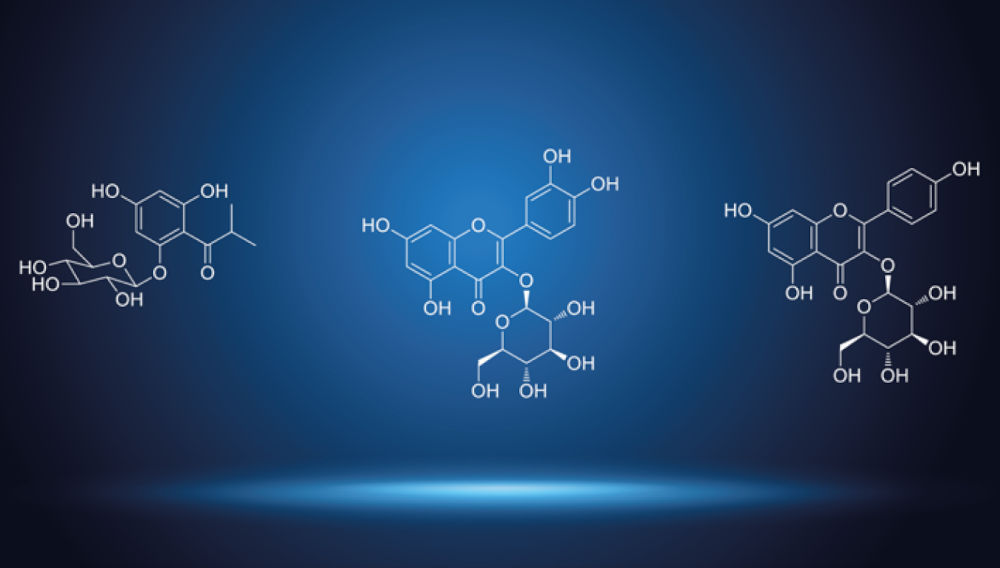Research and development | The beer bittering potential of hops apart from iso-alpha-acids can be assigned to phenolic compounds of the native hard resin fraction. Based on taste re-engineering experiments, Dresel et al. demonstrated that the additive contribution of iso-alpha-acids and various isolated hard resin components is necessary for constructing the authentic bitter percept of beer [1].
Hopsteiner Breeding Program | Extreme climatic conditions have had a major impact on fluctuating yields and qualities in recent years. In addition to innovative solutions for water supply, the hop industry needs plants that can adapt to these changes and perform with the available resources.
Hop market | On Dec. 17, 2021, the US Department of Agriculture reported that US hop production for 2021, in the States of Washington, Idaho, and Oregon increased 11% yielding 115.6 million pounds vs 103.8 million pounds for 2020. Total acreage increased 4% to 60 872 acres, from 58 641 acres in 2020. The hop yield per acre for 2021 was 1900 pounds per acre vs. 1770 pounds per acre in 2020. Washington State produced 73% of the crop followed by Idaho at 16% and Oregon at 11%.
Technical Support | The hop creep phenomenon is caused by the introduction of diastatic enzymes via dry hopping. Such hop enzymes are converting unfermentable real extract into fermentable sugars. In the presence of active yeast this may lead to unwanted secondary fermentation of beer followed by uncontrolled increase in diacetyl, alcohol, and carbon dioxide.
Technical Support | We are pleased to share some averaged data on last year’s composition of aroma substances of some selected hop varieties. This statistic is intended as a helpful indication to achieve consistent hop aroma in beer, especially when changing from one crop year to another.
Company news | After the outbreak of Covid-19 (coronavirus disease 2019), intensive research on potential inhibitors of the viral pathogen SARS-CoV-2 (severe acute respiratory syndrome coronavirus type 2) started worldwide. Since the beginning of last year, hundreds of scientific papers have been published on this topic. Thousands of compounds were screened for their inhibitory effects against coronaviruses.
Hopmarket |The Hopsteiner Guidelines for Hop Buying 2021 have been completed and are now available on our homepage www.hopsteiner.com/de.
Hop market |The crop estimate for the Hallertau was announced on August 25st, meaning that crop 2021 estimates have now been submitted for all German hop growing areas.


